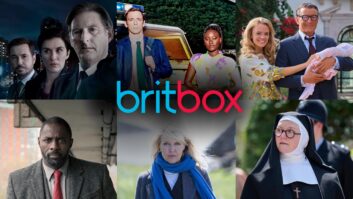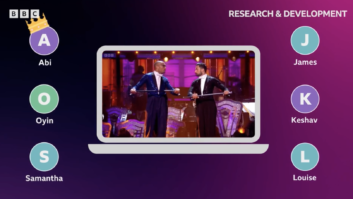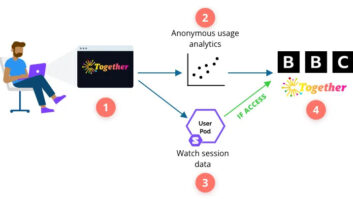The BBC is less technologically sophisticated than Netflix due to cuts in its funding according to a new report from the National Audit Office.
The report states that the BBC has less funding available to develop digital products than most other media organisations, many of which are digital only.
The NAO says the broadcaster’s overall spend in this area has fallen from £109 million in 2018-19 to £98 million in 2021-22 in real terms, while Netflix, for example, spent £1.7 billion on technology and development in 2021.
As a result, “the BBC’s products have been developed at a slower pace, are less technologically sophisticated, and it has not always been able to take advantage of technological innovations” it added.
The BBC has seen its funding cut repeatedly in the past 12 years, with the licence fee currently frozen for the next two years.
The report highlights issues around recruiting and retaining specialist digital staff with a staff turnover rate in the product group of 23 per cent as of June 2022. The high number of vacancies is slowing technical development, said the NOA. The BBC keeps its pay levels under review, including through industry benchmarking, but pay levels are lower than some other potential employers for technology professionals.
Last week, BBC director-general Tim Davie called on the UK’s media industry to work together as the media landscape transitions to an internet-only world.
The NAO warned that the organisation needs to evolve its digital leadership in order to “deliver its strategy more effectively, and accelerate its digital growth”.
“The BBC recognises that it needs to make continued improvements in this area, and is improving the information on its digital activity that is received by its executive committee,” it added. “The NAO found limited evidence that the committee is providing sufficient challenge in return.”
The NAO recommended that, in light of its 2022 licence fee settlement, the BBC should develop a realistic, more detailed digital investment plan to support its digital-first ambitions. It is also calling on the broadcaster to set out how it plans to develop its personalisation strategy, including how it will manage the increased data risks.
“The BBC faces a number of challenges in developing its digital offering, and its products are performing well compared to other, better-funded, media organisations,” said Gareth Davies, the head of the NAO. “Stronger digital leadership structures in particular will enable the BBC to make the improvements it needs to its approach, if it is to maintain this success in a fast moving, global media market.”







